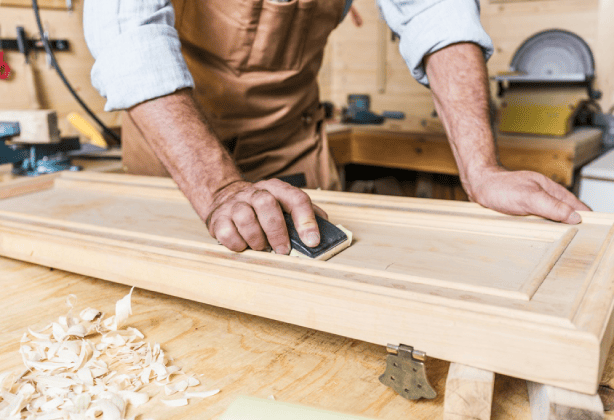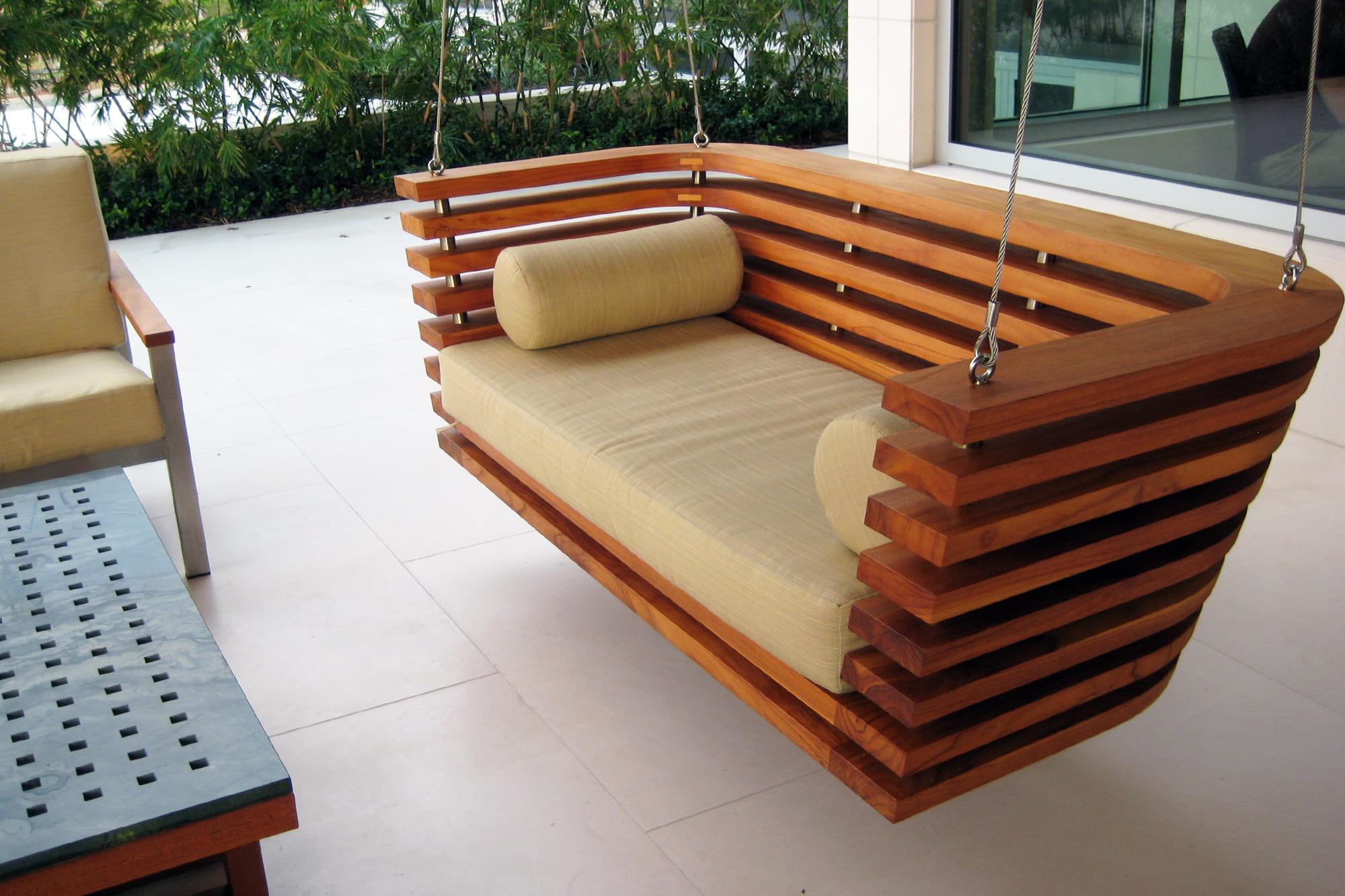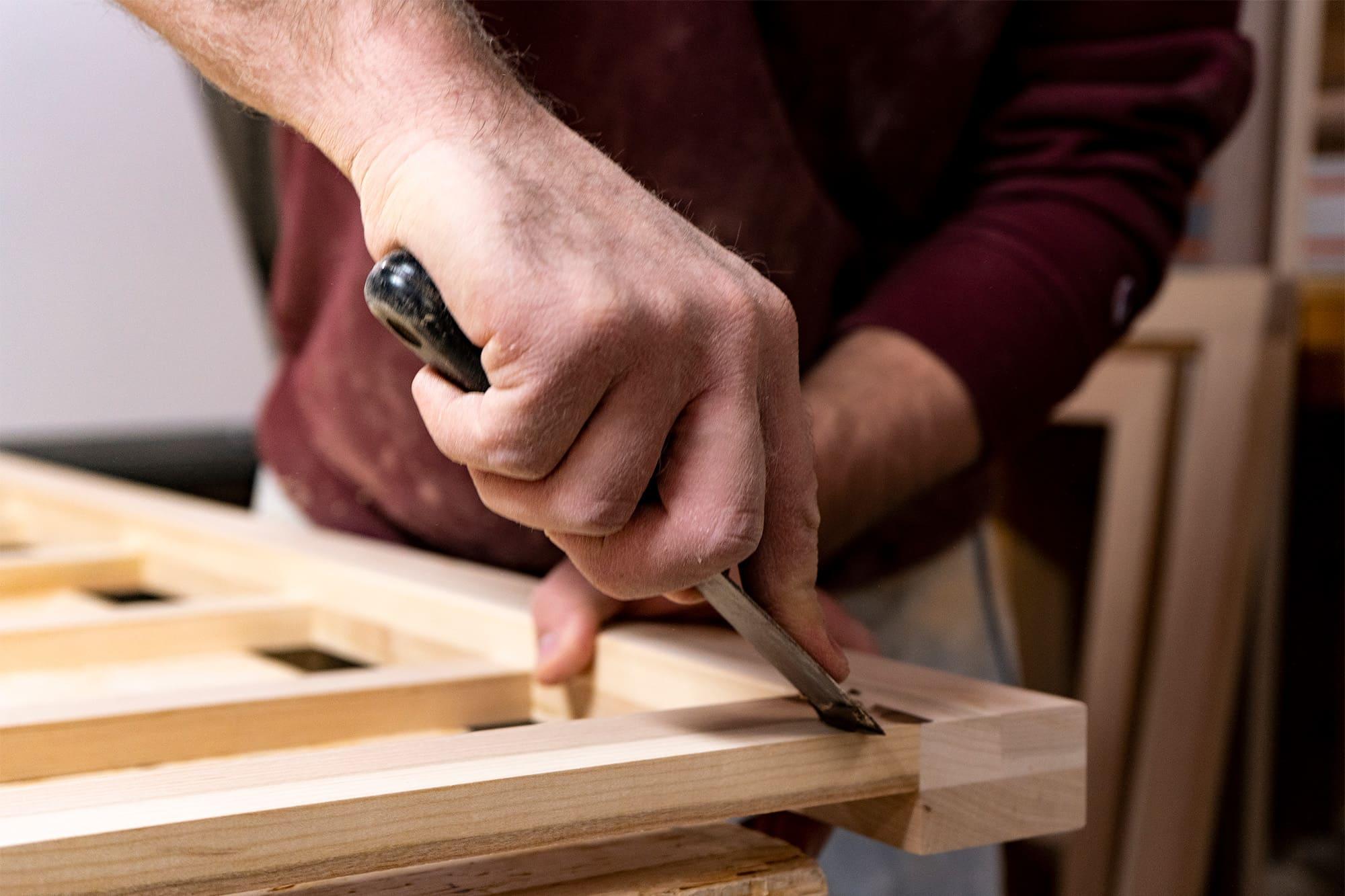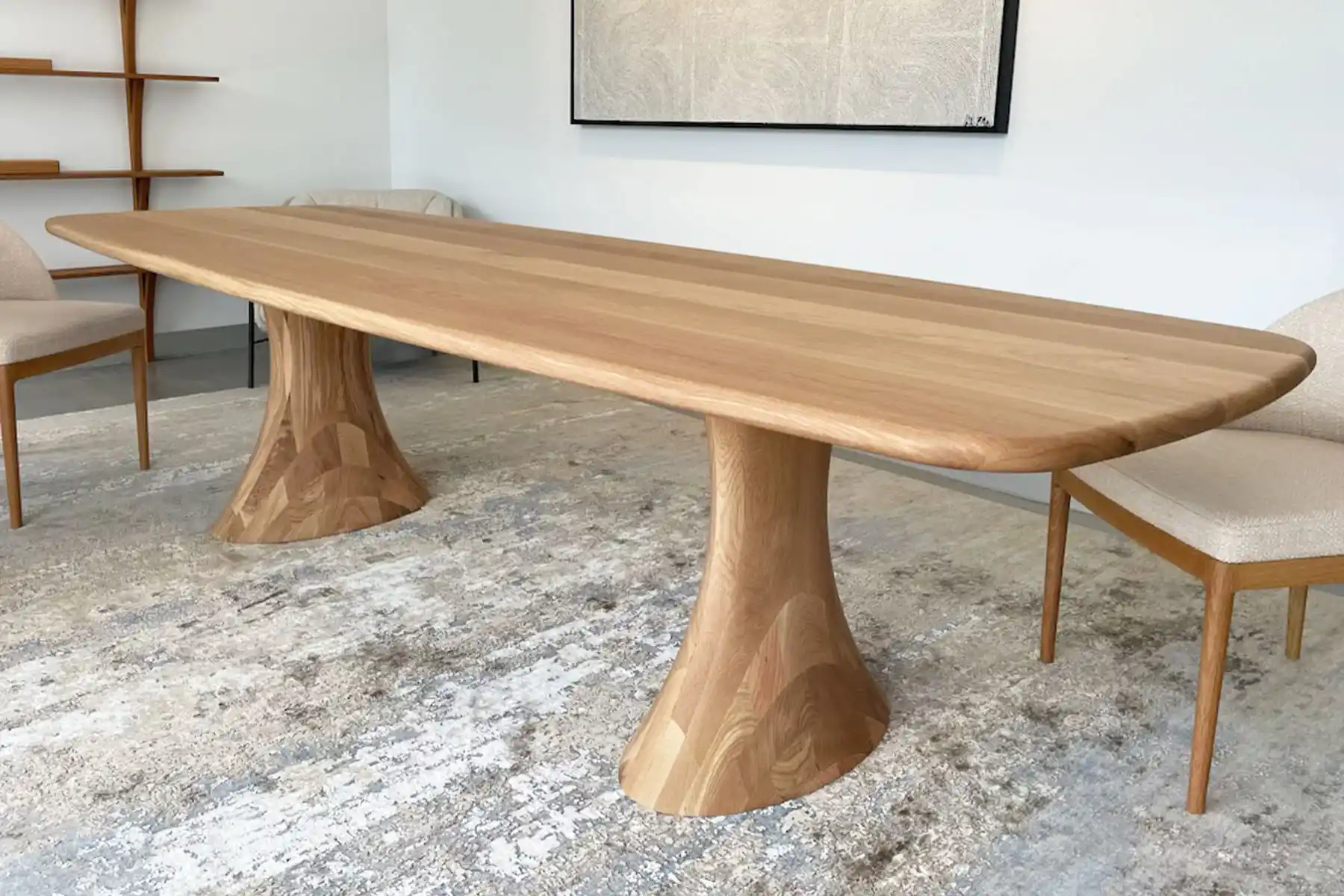
Why Choose Custom Furniture? InspireForceStudio's Unique Approach
Crafting Uniqueness: The Enduring Appeal of Custom Furniture ✨
For centuries, furniture has been a fundamental element, evolving from utilitarian objects to expressions of culture and personal taste. Historically, bespoke pieces were the norm, crafted by local artisans to fit specific needs. This tradition emphasized uniqueness and durability, ensuring longevity and making furniture a cherished possession, passed down through generations.
The advent of industrialization brought a dramatic shift. Mass production made furniture accessible and affordable, democratizing home décor. While convenient, this often sacrificed individuality and quality. Standardized designs and limited material choices fostered a more transient relationship between people and their furnishings.
Recently, a growing appreciation for individuality and unique living environments sparked a resurgence in personalized solutions. Modern homes, often with unconventional layouts or specific aesthetic visions, find standard offerings inadequate. This reflects a deeper need for spaces that resonate with personal identity and functional requirements, moving beyond generic catalogue looks.
Consumers now seek pieces that fit their space and align with their values: sustainable sourcing, superior craftsmanship, or a design capturing individual style. This shift highlights a cultural movement towards mindful consumption, creating environments that genuinely enhance well-being and reflect a distinct personality, challenging the 'one-size-fits-all' mentality.
Insights into Modern Furniture Choices 🛋️
- Mass-produced furniture, while convenient, often sacrifices unique aesthetic appeal and precise spatial integration, resulting in generic interiors.
- Custom furniture provides unparalleled personalization, enabling individuals to specify dimensions, materials, and finishes for a perfect fit with their space and unique style.
- A rising focus on sustainability drives consumers towards custom options, valuing longevity, superior quality, and reduced environmental impact of bespoke pieces.
The Bespoke Advantage: A Deeper Dive 💡
The appeal of custom furniture reflects deeper societal values. In a homogenized world, people crave authenticity and self-expression. Standardized items, though functional, rarely evoke the emotional connection of a piece designed specifically for one's life and home. This resonance is a key benefit.
Spatial efficiency is a primary driver. Modern living spaces, from compact apartments to uniquely shaped rooms, often challenge off-the-shelf items. Custom pieces maximize utility and flow, transforming awkward corners into functional areas. This precision ensures every inch serves a purpose, offering invaluable solutions.
Superior quality and durability are significant. Mass-produced items often prioritize cost over longevity, leading to shorter lifespans. Custom craftsmanship, like that found at InspireForceStudio, focuses on premium materials and time-honored construction. This results in robust pieces built to endure, offering lasting value.
The environmental aspect is crucial. Fast furniture contributes significantly to landfill waste. Custom pieces, durable and often made from sustainably sourced materials, represent a more responsible choice. Investing in furniture that lasts decades reduces frequent replacements, lessening environmental impact.
Custom furniture allows for a truly personalized aesthetic. Beyond fitting a space, it enables clients to articulate their unique vision. Be it specific wood grain, color palette, or intricate design detail, a dedicated studio like InspireForceStudio translates these ideas into tangible reality. This ensures furniture truly reflects the owner's personality and style.
The collaborative process is a significant advantage. Working with artisans means engaging in dialogue, refining ideas, and seeing a concept evolve from sketch to finished product. This journey fosters deeper appreciation, transforming furniture from an object into a cherished part of one's home story. It's an experience.
Key Takeaways for Your Home 🏡
- Elevated Living Spaces: Custom furniture transforms rooms into highly functional, aesthetically cohesive, and deeply personal environments, enhancing daily life and well-being.
- Sustainable Investment: Choosing bespoke pieces signifies lasting quality and sustainability, reducing waste and supporting enduring craftsmanship.
- Unique Personal Expression: Custom furniture offers an unparalleled avenue for individuals to manifest their unique style, creating a home that truly feels like their own.



Comments
Chaipat Udomdet
This article beautifully articulates the value of custom furniture. I've always felt something was missing from mass-produced pieces. The emphasis on sustainability and personal expression really resonates with me. Great read!
Juthathip Monprasit
Glad you found it insightful! The shift towards mindful consumption is indeed a powerful trend, and custom pieces play a big role in that.
Warissara Chawalitsri
It's interesting to consider the historical context of bespoke furniture. While I appreciate the points on customization, I wonder about the typical lead times and cost implications compared to immediate, standard options.
Natthawut Nuanchai
Those are valid points. Customization often involves a design process and skilled craftsmanship, which can affect both timeline and cost, but the enduring quality often outweighs these initial factors.
Suwanna Sirisuwan
I loved the point about spatial efficiency. My apartment has such an awkward corner, and I never thought custom furniture could truly solve that. This has given me new ideas!
Apichat Chawalitphong
That's fantastic to hear! Custom design truly shines in optimizing challenging spaces, turning perceived limitations into unique functional opportunities.